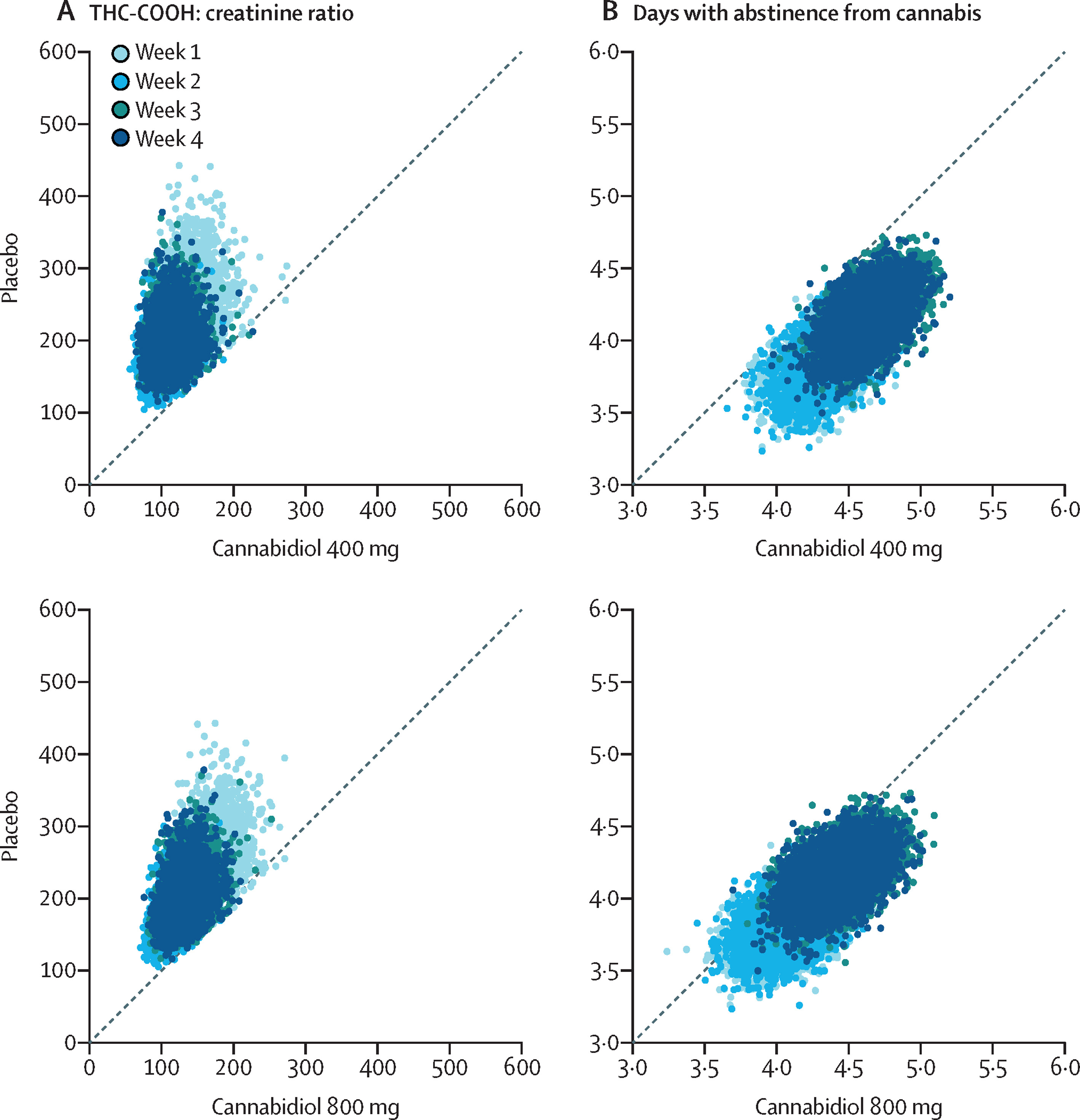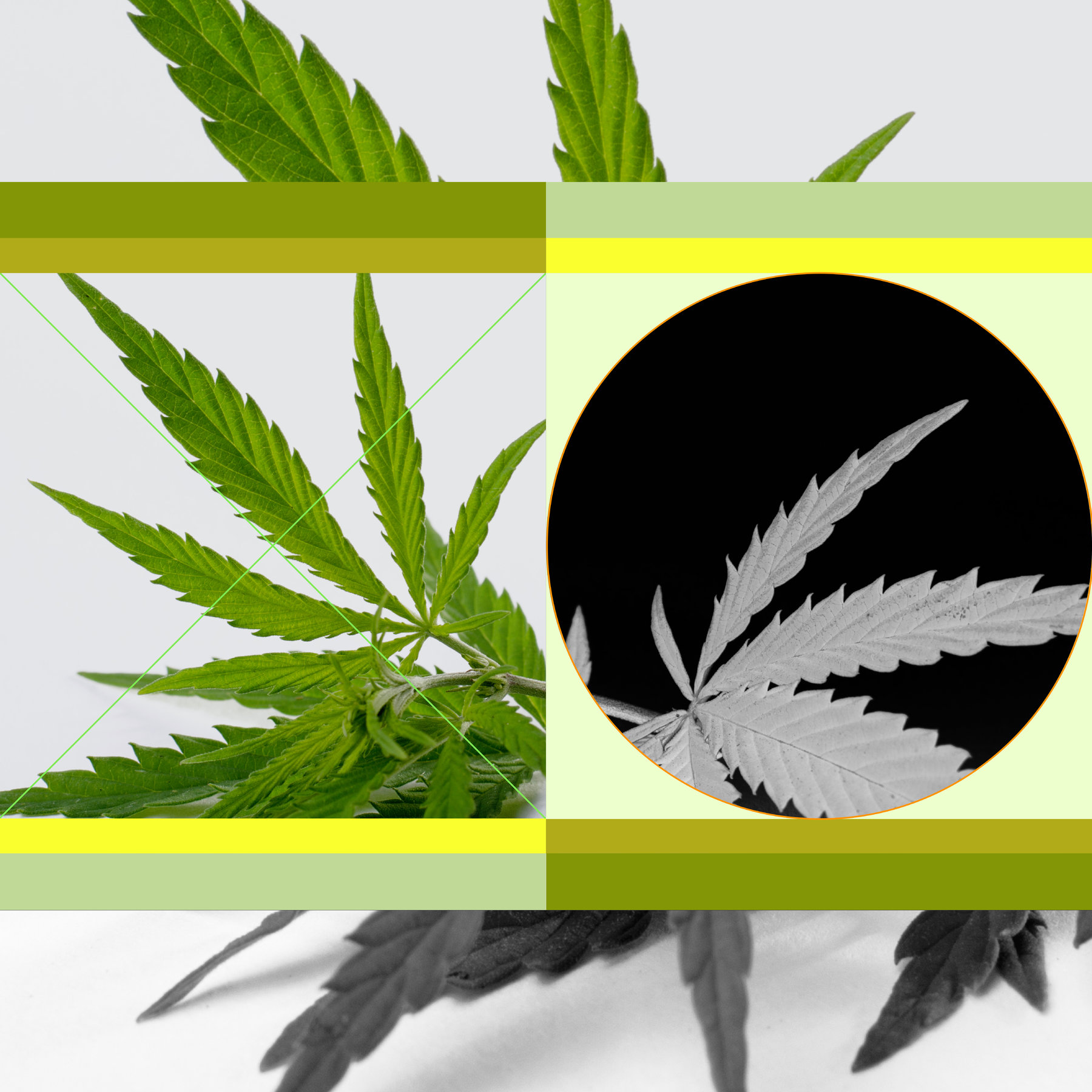
These are the things you should keep in mind before scheduling a CBD Drug Test. It is important to remember that CBD does not contain the same properties as marijuana. It won't make you feel high or affect your work performance.
Cannabidiol
Cannabidiol, a compound that is extracted from hemp plants, can be found in the following: A drug test can detect cannabidiol in people. This compound is soluble and stored in the body’s reserves. Cannabidiol drug tests can be difficult to pass. It may take up to a month for someone to fail.
Hemp-derived CBD
If you're looking to pass a drug test, you should consider using a hemp-derived CBD drug test. These products are legal in the United States and contain less than 0.3% of THC. There may be trace amounts of THC in hemp-derived CBD, which could cause your results to be affected.

Full-spectrum CBD
Full-spectrum CBD oil contains many cannabinoid compounds that are found in hemp plants. These can include low levels of THC (under 0.3% according to federal law), flavonoids and terpenes as well as other cannabinoids. Full-spectrum CBD products containing low or no THC have the potential to cause a euphoric reaction in people.
Hemp-derived CBD contains less than 0.3% of THC
Hemp CBD oil or hemp-derived CBD can pass a drug screening, but it shouldn't exceed 0.3%. Even though the legal limit is lower, marijuana-derived CBD is still considered Schedule I. This means that it is important to fully understand what you are buying before you start using hemp-derived CBD.
Hemp-derived CBD that contains trace amounts of THC
THC is a component of marijuana. If you take a drug test for it, you might be surprised to see that it is in your urine. THC metabolites in the body are able to be detected by the body for up 30 days following your last use. These tests can be passed for CBD products derived from hemp, which may contain trace amounts THC.
CBD oil can be used before a drug screening
CBD oil is a potent and effective natural remedy for a variety of ailments. But this is not a concern for every state. You should ensure that the brand you are using is reputable before you start using this supplement.

Before you submit to a drug testing, it is best to avoid THC products
A variety of reasons make it a smart idea to avoid THC-containing products before taking a CBD drug test. THC in full-spectrum CBD products could make you appear positive for a drug test. Random drug screenings may be conducted by workplaces from time to time. This is why it is important to not ingest CBD products within two weeks of the test.
THC and COOH Testing
A CBD drug test should be performed to determine if the THC metabolite is present. This substance is found in marijuana users' urine. The test can also detect other cannabinoids such as CBD. This type of screening uses liquid chromatography.
FAQ
Is CBD a viable option?
The answer is yes. But not because of its medical benefits but rather due to its ability to help people feel better without getting high.
People who want an alternative to prescription medications will love the fact that you don't feel any different after you use it.
And as we know from studies, there is a lot of evidence showing that cannabis helps with pain relief, anxiety, depression, insomnia, and many other conditions.
Cannabinoids are also found in cannabis, which interact with brain receptors. This interaction leads to feelings of relaxation.
If you are interested in cannabidiol oil (CBD) for your health, it is important to know what it is and how it affects you.
How can CBD products be successfully promoted by companies in a regulatory-compliant way?
The FDA doesn't regulate hemp as an agricultural commodity. The Controlled Substances Act governs all other cannabis derivatives, such as marijuana. CBD is not covered by any regulations.
CBD is legal in 29 states. However it is still illegal under federal law. This uncertainty creates uncertainty for CBD product sellers.
The FDA also maintains strict guidelines on how CBD products may be marketed. They must disclose the THC content of any CBD products. Companies cannot claim CBD is effective in treating certain medical conditions without supporting evidence.
The FDA also requires manufacturers to provide detailed information about their manufacturing processes and quality control measures. To demonstrate safety and efficacy, the FDA requires companies to perform clinical trials.
When developing their own marketing strategies, companies should take into account these points.
What CBD products sell the most?
CBD products are popping up everywhere. CBD products are popular for their ability to relieve pain and anxiety. The market is huge and growing fast.
What are people buying CBD for? How does this impact you as a brand manager?
Statista says CBD products are popular for their relaxing properties. They can also be used to treat inflammation.
This means that products with both CBD or THC can be sold both for recreational and medicinal purposes.
What about brands that are focused on a single purpose? For example, if a company sells CBD for stress relief, then it won't have much competition.
Additionally, a brand that focuses solely on CBD for medical purposes will enjoy a large customer base.
However, if a brand wants to target recreational users, then they need to create a unique selling proposition (USP). A USP is essentially a benefit or feature that distinguishes a brand from its competitors.
For example, some brands offer free shipping, while others offer discounts for bulk orders.
What does the future hold for the CBD Industry?
The future of CBD is bright. It is easy to see why this sector is so popular. With CBD products making up over $1Billion worldwide, it's easy for people to see why this market has grown exponentially.
Statista predicts that global sales of cannabidiol in 2019 will reach $22.4 million. That's almost 200% more than in 2018!
It is also expected that the CBD market will grow at a compound annual growth of 22.5%. That would translate to approximately $6.8 million in revenue by 2020.
This is great news not only for existing businesses but also for companies looking to get into the sector. However, we must be aware that the CBD market is still very much in its infancy and will face some challenges along the way.
Which countries produce the highest quality CBD?
The United States is home to the greatest number of CBD products.
High-quality CBD products are also being produced in Canada, Australia and New Zealand.
Is there a CBD industry that is growing?
The answer is yes! This growth is expected to continue as legalization expands across North America. Canada was the first country to legalize recreational cannabis use. Several states also have medical marijuana laws.
This trend will likely continue for at least another decade as more states pass legislation allowing access to medicinal marijuana.
It is also economically sensible to legalize marijuana. Legalizing pot has many other advantages, including a new market that is lucrative for farmers.
It could reduce crime rates, by decreasing illegal drug availability. It could also generate tax revenue for the government.
People may choose to drink less alcohol as legal marijuana becomes more popular. This would mean fewer hangovers and lower health care costs.
In addition, marijuana might actually improve the quality of life for those who suffer from chronic pain. Many believe that THC (the active ingredient in marijuana) helps to relieve the symptoms of nausea and muscle spasms associated with chemotherapy.
A lot of people believe that marijuana is a good option for treating anxiety and depression. According to some studies, marijuana can be used to treat schizophrenia.
Even though the CBD industry looks promising, there are still many challenges to be overcome.
What are the differences in CBD price between different states?
Prices for CBD products can vary depending on where you live. Prices can vary by as much as ten times depending on where you live.
The general rule of thumb is that prices rise the farther north you travel. CBD in Alaska costs $35 per gram. In Hawaii, however, it costs about $200 per gram.
This trend continues across the country. Prices for grams range from $5 to $2,500.
This is why?
The varying levels and regulations of cannabis regulation are one reason prices can vary widely. Some states require that CBD products have very low levels of THC (the psychoactive part of marijuana). Others don't care about the amount of THC present.
This is why some companies decide to sell products in one country and then send them to another.
Statistics
- CBD seems unlikely to directly influence sleep in healthy humans [115] (and maybe “sleep-promoting” in those with certain comorbid conditions) (ncbi.nlm.nih.gov)
- A recent systematic review of human trials also reported that individuals with epilepsy receiving CBD (5–20 mg·kg−1·day−1) were more likely to experience decreased appetite than those receiving placebo (i.e., ~20 vs. 5% of patients) (ncbi.nlm.nih.gov)
- A recent study [161] also found that in vitro CBD treatment (i.e., ≤ 2 h exposure to 10 μM) induced ~40% vasorelaxation in isolated (pre-constricted) (ncbi.nlm.nih.gov)
- The inhibition of FAAH is predicted to lead to an increase in brain and plasma concentrations of AEA, which acts as a partial agonist at CB1R and CB2R, thereby increasing endocannabinoid tone [92, 110]. (ncbi.nlm.nih.gov)
- however, one study also found that these effects were virtually abolished when the original media (a nutrient broth agar) was replaced with one containing 5% blood (increasing the minimum concentration to ~160 μM CBD) [179]. (ncbi.nlm.nih.gov)
External Links
How To
What are the major issues facing the CBD industry in general?
The current market for CBD products is growing at an incredible rate. However, this market is still full of challenges for businesses that want to expand. These include a lack consumer awareness, high-cost entry, limited access capital and regulatory uncertainty.
Many consumers don't understand what CBD is and how it works. This means they are not able to make informed choices about whether or no to purchase CBD products.
Many CBD companies depend heavily on word of mouth marketing. This is costly, as it requires advertising and the hiring of staff to promote their brand.
Another issue facing new entrants into the CBD industry is the high cost of production. It is very expensive to obtain the raw materials required for CBD products. CBD oil is made from hemp that has been grown in particular climates.
It takes approximately $1,000 per acre to grow enough hemp to process into CBD oil. As a result, many small farmers cannot afford to start.
Another challenge new entrants face in the CBD market is the lack of access to capital. Banks are often discouraged from helping people start businesses because of the stigma that surrounds the industry.
Last but not least, there is regulatory uncertainty regarding the sale and distribution of CBD products. There are no guidelines for how CBD products should market.
Although states have passed laws restricting CBD products sales, these policies are not yet national.
Only Nevada, Maine, and Nevada have legalized recreational pot.
Massachusetts and Michigan have considered similar measures.
These changes could lead to increased competition between CBD manufacturers.
Many entrepreneurs prefer to work at home over starting a business.